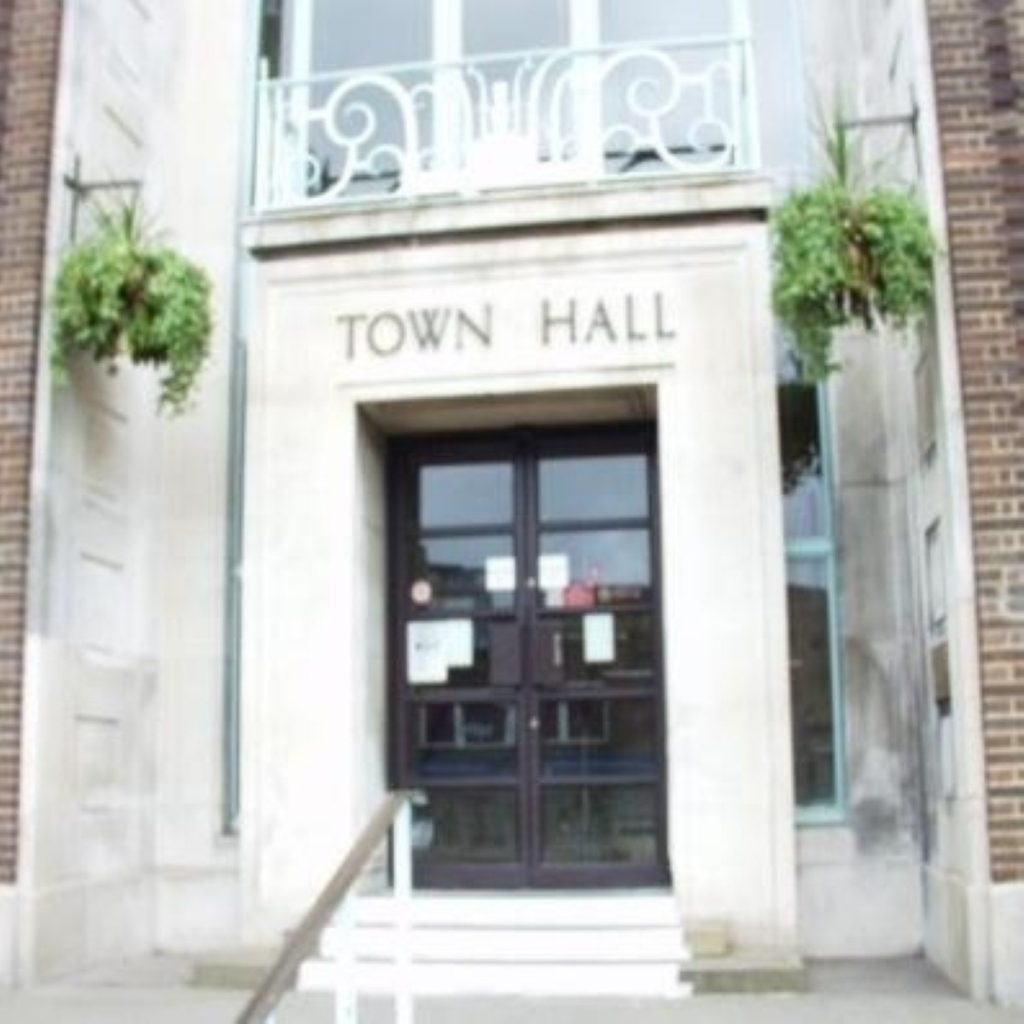Capping looms for town halls
Town hall budgets will be capped ruthlessly if local authorities attempt to drive up revenue through council tax rises, the government has warned.
Local government minister John Healy made the threat in the Commons as he announced the three-year funding settlement, which will see local authorities receiving increases of four per cent, 4.4 per cent and 4.3 per cent in the next three years.
This amounts to nearly £9 billion additional funding over the period but campaign groups have criticised the boost, fearing council tax hikes as town halls struggle to maintain service levels.
“Councils must be under no illusions. We will not hesitate to use our capping powers as necessary to protect taxpayers from excessive increases,” Mr Healy said.


“Authorities would be unwise to assume previous capping principles will be repeated. Keeping council tax under control remains a top priority for the government.”
The Local Government Association’s (LGA) chairman, Sir Simon Milton, said councils were making efficiency savings of almost £100 million a month in an effort to avoid making cuts.
“Many council leaders will be scratching their heads as they try to work out how they will deliver ever better services for local people with less money than in recent years and with greater demands on services,” he said.
According to the LGA free bus travel plans, uncertainty surrounding migration figures and rising landfill costs pose major threats to local authority budgets in the next three years.
It is also concerned by the increasing numbers of those over 65, who Help the Aged’s special adviser Mervyn Kohler said faced a “bleak outlook” as a result of the announcement.
“This is a tough settlement which will lead many local authorities down the twin paths of spending cuts and higher council tax bills – both of which are bad news for older people,” he commented.
Despite the criticism the government believes it has boosted the independence of local authorities. It says a “radically slimmed down” performance framework means greater independence and flexibility for councils.
“This is a tight settlement for central and local government alike, but it is fair and affordable,” Mr Healy added.









